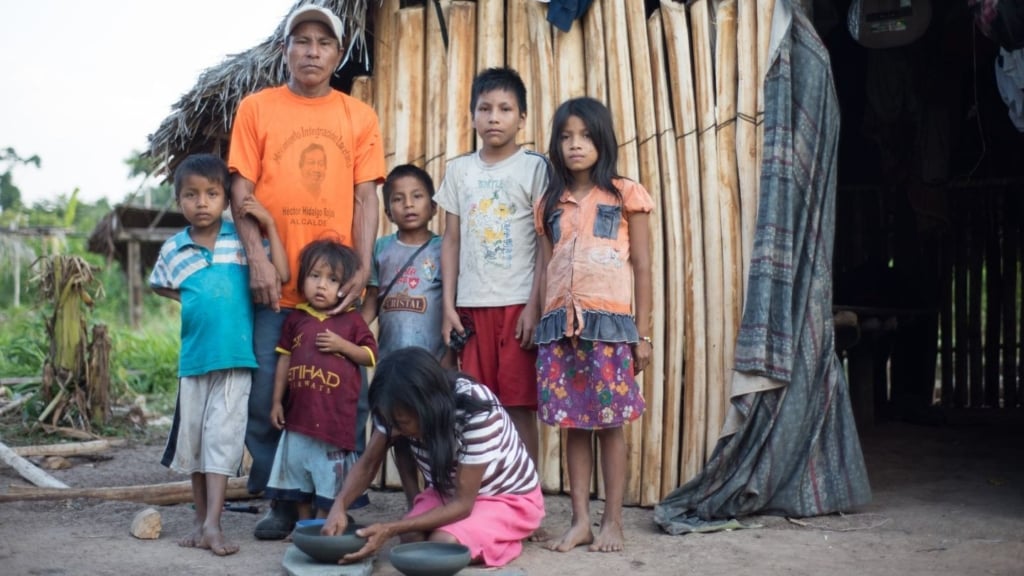The Zenú people are an indigenous community located in the departments of Sucre and Córdoba, in northern Colombia. They are the second largest indigenous people in the country, with a population of 307,091 individuals. Their traditional crafts include goldsmithing, pottery and ceramics. Additionally, they engage in agricultural activities, cultivating crops such as corn, chili peppers, cassava, beans, pumpkin, yams, as well as fruits like watermelon, cantaloupe, mango, corozo, guava and soursop. The Zenú people are renowned for their craftsmanship, particularly for their intricate woven hats known as sombrero vueltiao, which are emblematic of the Colombian Caribbean coast.
Zenúes spoke the Guajiba or Guamacó language, but this disappeared during the Spanish conquest. Currently, only a few native expressions survive, since the population communicates in Spanish. Zenúes have nevertheless held on to their ancestral knowledge that has allowed them to use natural medicine to treat diseases. This practice is carried out by rezanderos or parteras, spiritual leaders who make use of plants such as tobacco, mint, oregano, yerbasanta, lemon balm, sesame and matarratón.

